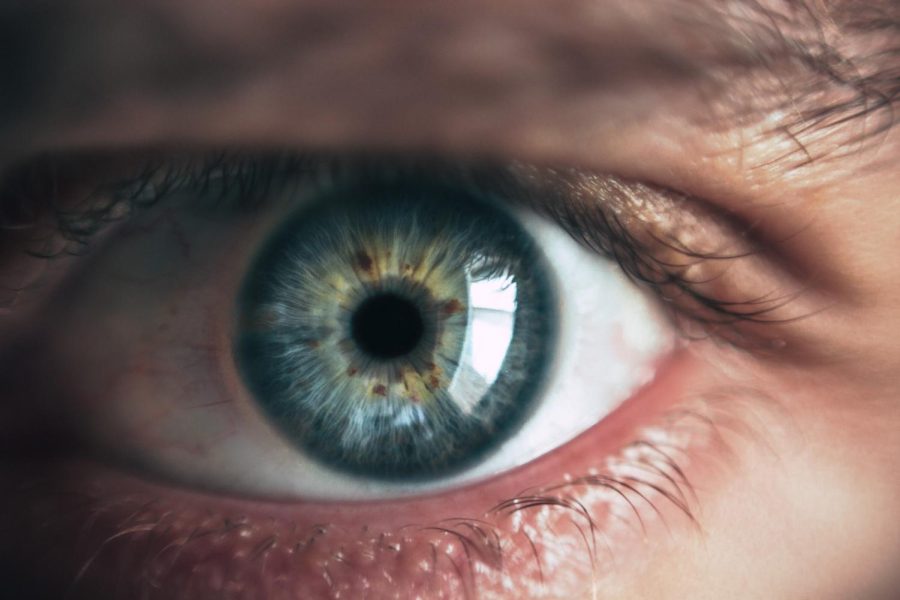Mendenhall: Mental Health is Drastically Impacted by Vision Problems
April 6, 2022
The University of Utah has a large amount of mental health support services, as I’ve recently written. The U also provides a few basic healthcare services for students at the Student Health Center like dermatology and orthopedic exams. But the U is lacking in any form of affordable vision care for students. Vision problems affect mental health, yet many people are not aware of the direct correlation. Being educated about how they are related is the first step in understanding why the U should offer them to us as a student resource, and how they can help students take care of their mental health. The U should provide basic vision screenings to its students in an effort to help reduce mental health concerns.
Vision concerns are linked to mental health issues. Researchers believe that stress is the largest contributing factor. Many people that have vision impairments are often more anxious and depressed. One in four adults who experience vision loss or impairment report anxiety and/or depression. People who have mental health disorders are more likely to develop eyesight problems later on in life. In a physical sense, visual impairments often are associated with falls, tripping and visible disfigurements. From a mental health perspective, those with vision problems can feel lonely and socially distant. Prolonging a detrimental eye condition can be serious for mental health, and vice versa. Understanding the relationship and treating both mental health problems and eye conditions can be an extremely effective preventative measure.
College-aged students should have a comprehensive eye exam at least every 2 years. For those that are considered “high-risk,” an eye exam is recommended at least every year. Some of these many risk factors include any family history of eye disease, wearing glasses or contacts, previous eye injuries, etc. For college students, some of the most common eye conditions are myopia (nearsightedness), pink eye, scarring (due to allergies and contacts), infections and activity-related trauma. Myopia is thought to be worsened by long periods of screen usage, studying hours and unpredictable sleeping schedules which describes most college students. 25% of American citizens are diagnosed with myopia, and unsurprisingly that rate is significantly higher among college students.
There are also individuals who can’t afford basic healthcare necessities, let alone a voluntary eye exam. In Utah, Medicaid only covers medically necessary eye exams, which are usually emergeny visits after an underlying issue has gone untreated. Most college students benefit from a parent’s health insurance plan. Young adults can stay on their parent’s health insurance until age 26 or marriage.
In addition, the U also offers a student health plan through United Healthcare. While this is a great step in the right direction, the U is not extremely clear about which kinds of services and exams are covered. Insurance companies can be extremely finicky with the coverage they allot for many plans. As a college student, I would not seek an eye exam willingly unless I either knew I had a preexisting condition, or I had the option of a free eye exam.
The U needs to address this gap in care. One way this could be made possible is through a partnership with the Moran Eye Center. Not only is the Moran located close to campus, but it is also a University of Utah health facility. Partnering with the Moran would likely be the best option, although there are others as well. Making it explicitly clear that student insurance can cover a preventative eye exam every year is another great course of action.
The U must make education on the correlation between mental health and vision issues a priority. Student healthcare should be expanded to include vision care to alleviate mental and physical health concerns. Spreading this awareness of this issue and being an advocate for mental health (no matter what the reason) is something our campus needs to keep working towards.








